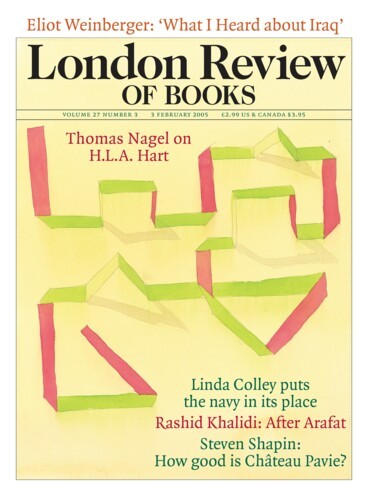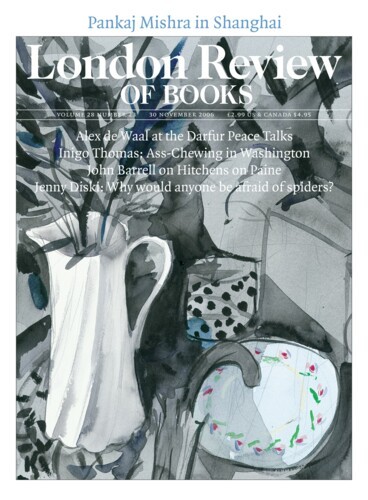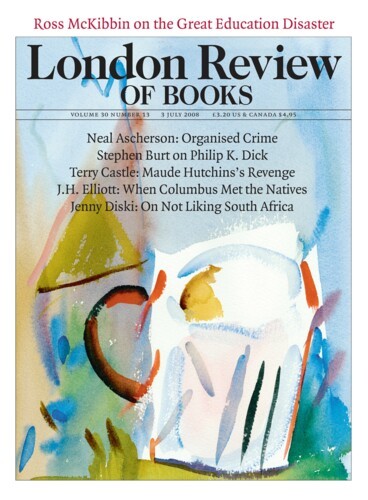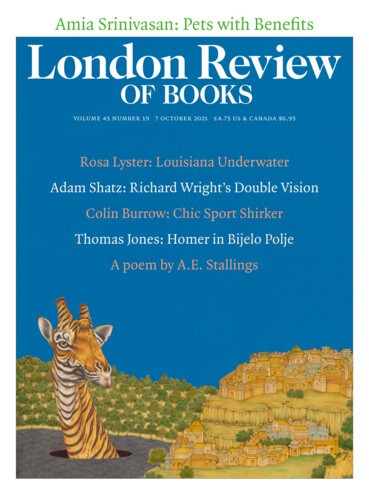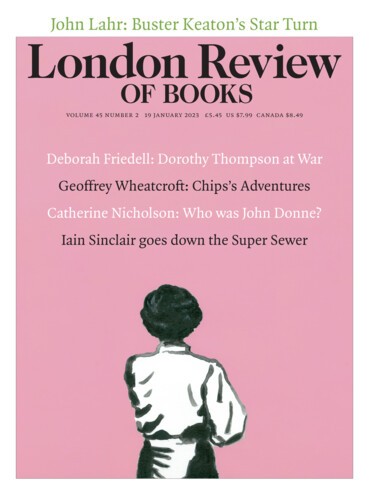The pressure to churn out papers drives a culture of overwork – and in some cases bullying – which bears down most heavily on postgraduate and postdoctoral researchers. These are the people who actually do most of the laboratory and fieldwork; they are usually on studentships or contracts lasting between three and five years, and their ability to build a publication record depends heavily on the patronage of the senior researchers in whose labs they work. None of this does anything to encourage a diversity of viewpoints in the scientific workforce, or to challenge biases. If a brutally competitive environment helped the best work rise to the top, there might be an argument that the misery was justified. You might, for example, think that a system which can deliver several highly effective vaccines for a new disease in less than a year must be doing something right. Maybe so, but most research has to fight for funding and attention in a way that work on Covid-19 does not.
Science Fictions: Exposing Fraud, Bias, Negligence and Hype in Science by Stuart Ritchie. If a brutally competitive environment helped the best work rise to the top, there might be an argument that the misery was justified. You might, for example, think that a system which can deliver several highly effective vaccines for a new disease in less than a year must be doing something right. Maybe so, but most research has to fight for funding and attention in a way that work on Covid-19 does not.
